The Maine Right to Repair Working Group has unanimously approved its report to the state legislature, outlining recommendations for a future commission to oversee vehicle data sharing.
This development comes as Hawaii and Kansas introduce their automotive right-to-repair bills.
Maine’s Right to Repair Progress
In November 2023, over 84% of Maine voters supported a referendum requiring automakers to standardize onboard diagnostics and provide remote access to these systems.
Following this, the Maine Right to Repair Working Group was established to propose necessary amendments and recommend the responsibilities of an independent entity to manage vehicle data sharing. The group suggests that this entity should serve an advisory role initially, focusing on:
- Monitoring the implementation of the right-to-repair law.
- Resolving complaints from vehicle owners and independent repair shops.
- Providing technical expertise to the Attorney General.
- Reporting annually to the legislative committee, Governor, and Attorney General.
The proposed commission would consist of members representing various stakeholders, including vehicle manufacturers, aftermarket parts producers, independent repair facilities, and the public.
Notably, the public representative, a Maine resident, is recommended to chair the commission.
Hawaii’s Legislative Initiative
Hawaii has introduced House Bill 1464, aiming to grant vehicle owners and independent repair facilities access to diagnostic and repair information.
Starting with the 2022 model year, automakers would be required to equip vehicles with a standardized, open-access platform capable of securely communicating all mechanical data.
This platform should be accessible to vehicle owners via a mobile application and, with owner authorization, to independent repair facilities for maintenance and repairs.
Kansas’ Proposed Legislation
Kansas has proposed House Bill 2288, which mandates that mechanical data and onboard diagnostic systems of vehicles from model years 2002 to 2018 be standardized and accessible to vehicle owners and independent repair facilities through non-proprietary interfaces like Ethernet or USB.
The bill also requires manufacturers to provide diagnostic repair information to aftermarket tool companies and third-party service information providers to facilitate the creation of diagnostic tools and service information systems.
Read More:
- Federal Judge Halts Maine’s New 3-Day Gun Purchase Waiting Period Amid Legal Battle!
- Maine Representative Randall Hall Indicted for Alleged Signature Forgery on Campaign Finance Forms!
Industry Reactions
The introduction of these bills has elicited varied responses. In Hawaii, organizations such as O’Reilly Auto Parts and the Auto Care Association have expressed support for the legislation.
Conversely, the Alliance for Automotive Innovation and the Hawaii Automobile Dealers Association have voiced opposition.
In Maine, the Alliance for Automotive Innovation has filed a federal lawsuit seeking to halt the implementation of the state’s right-to-repair law, arguing that the requirements imposed on vehicle manufacturers are impossible to meet.
Conclusion
The right-to-repair movement is gaining momentum across the United States, with Maine finalizing its recommendations and states like Hawaii and Kansas proposing new legislation.
These efforts aim to empower consumers and independent repair shops by ensuring access to necessary vehicle data and diagnostic tools, fostering fair competition, and promoting consumer rights.
Disclaimer- Our team has thoroughly fact-checked this article to ensure its accuracy and maintain its credibility. We are committed to providing honest and reliable content for our readers.



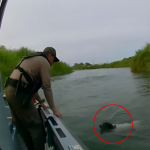




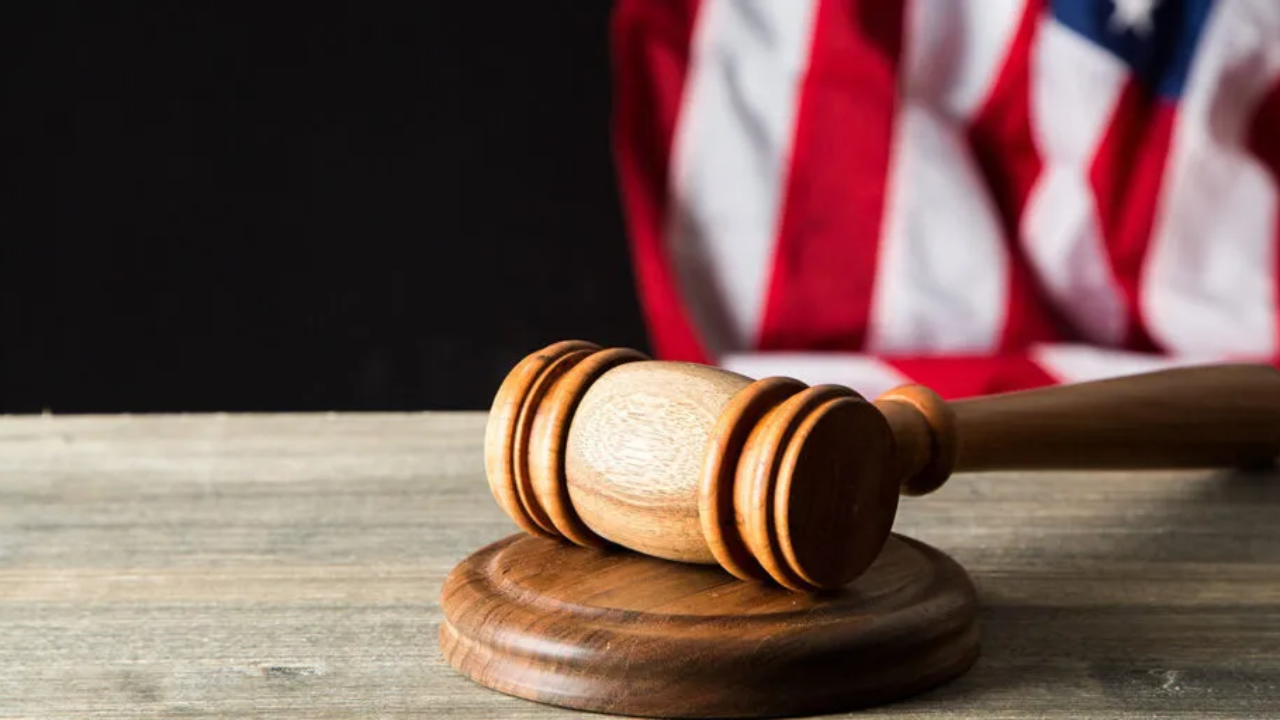

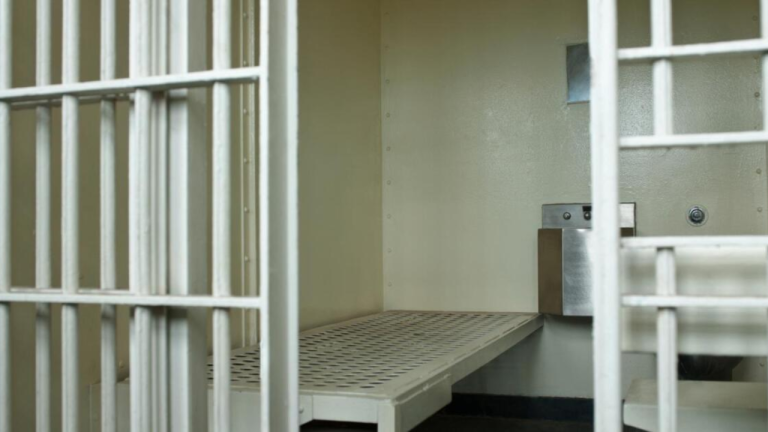
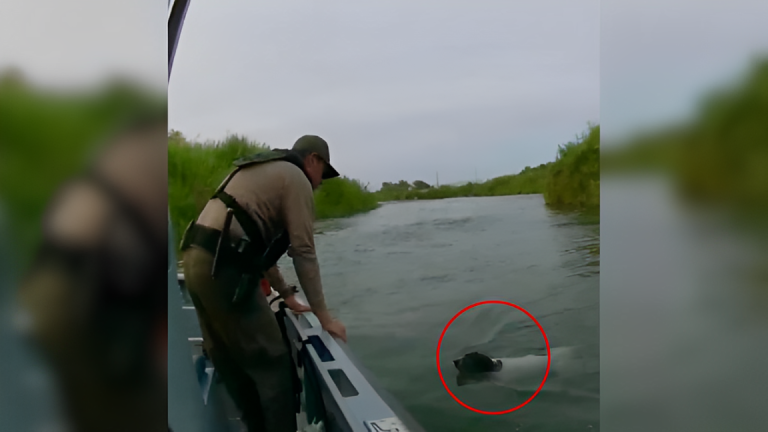
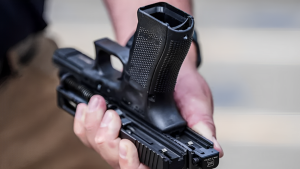









+ There are no comments
Add yours